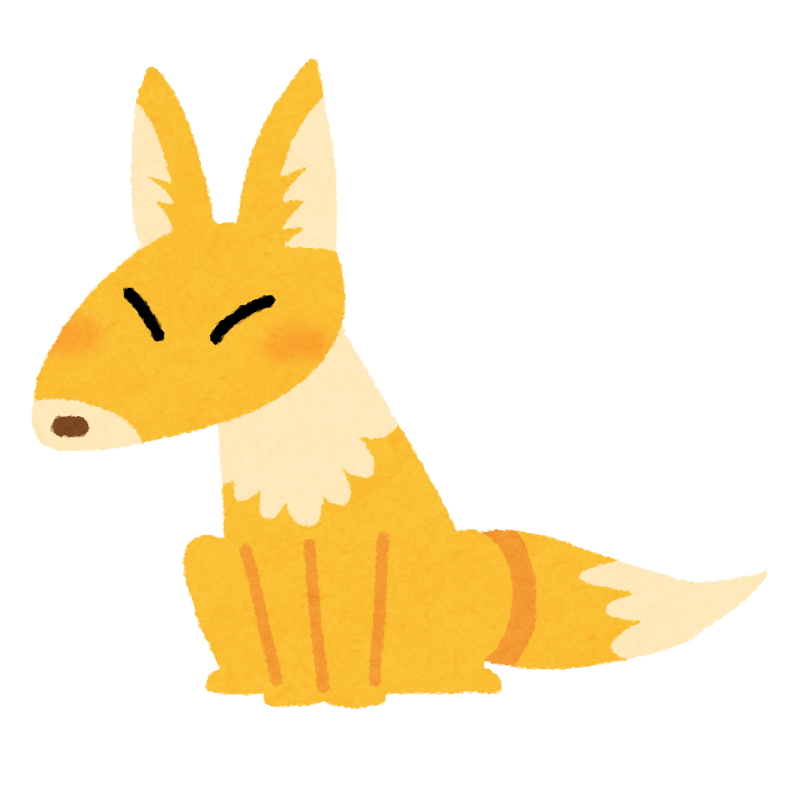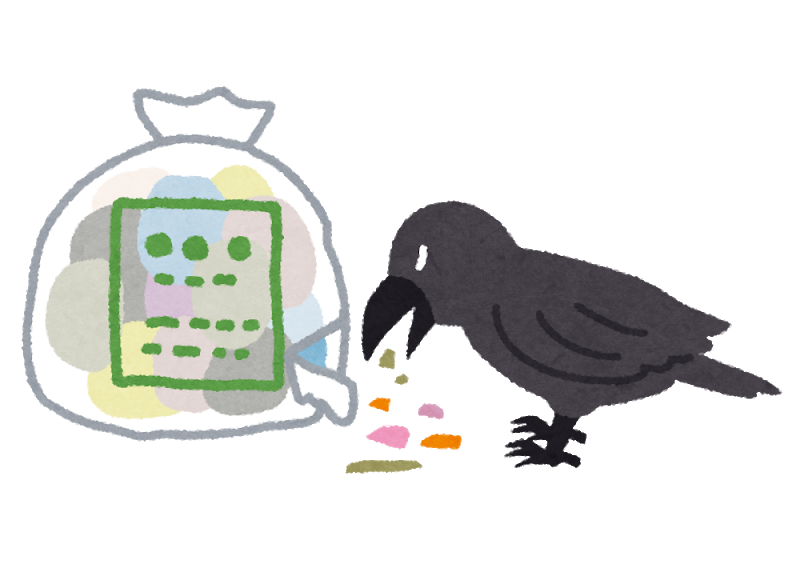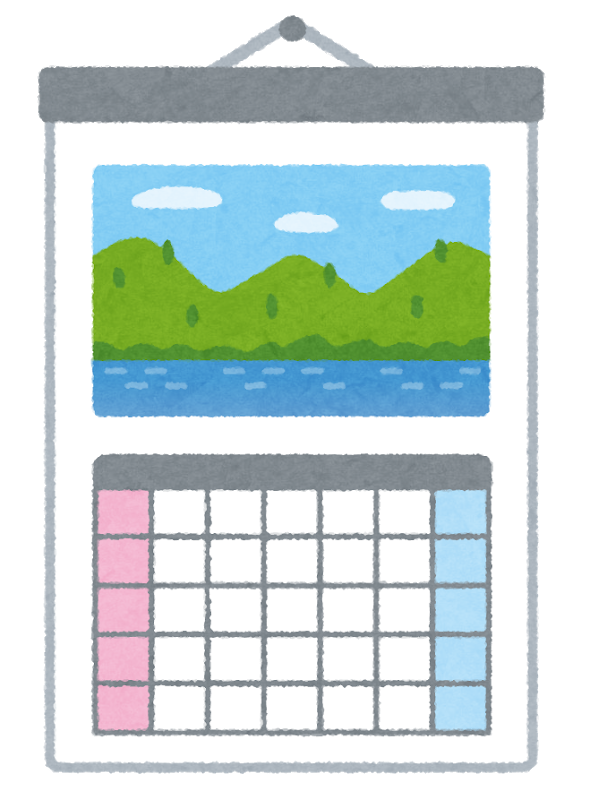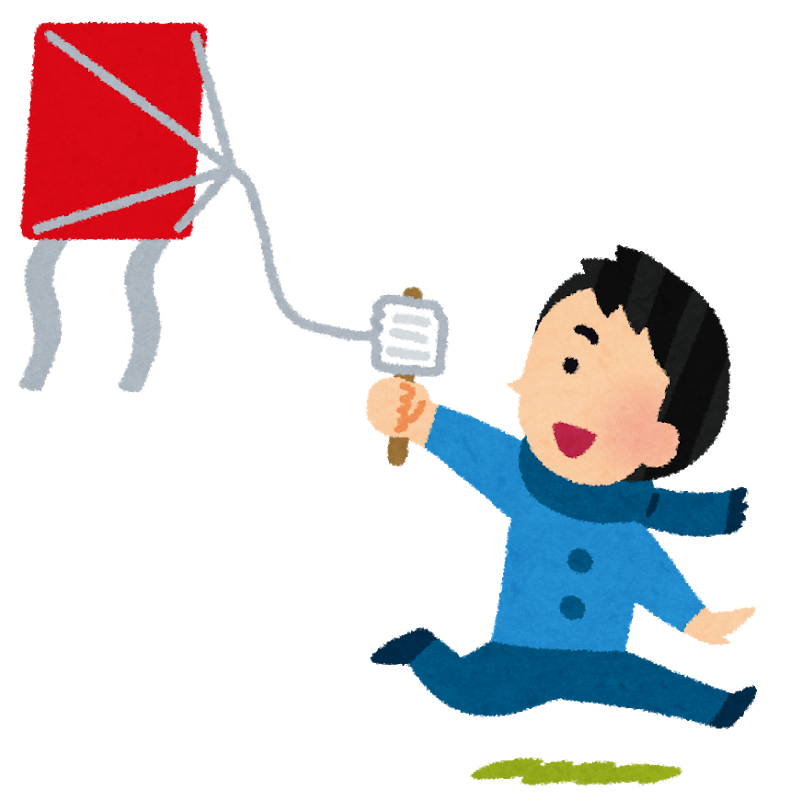|
Please be informed that the Medical department is requiring all students to wear the official school uniform when attending laboratory classes for safety purposes.
|
|
Students can buy the uniform in the bookstore for $60. Students who are not wearing the required uniform will not be allowed to attend any laboratory classes. The new regulation will be implemented starting September.
|
|
To avoid any inconvenience, the Medical department advises all students to buy the new uniform as soon as possible.
|
| What are all students required to do? |
| According to the announcement, |
| What are all students required to do? |
| According to the announcement, all students are required to buy the new official uniform and wear it to their laboratory classes. |
|
Female:
|
Good morning. |
|
Male:
|
Hi, have you seen the announcement? |
|
Female:
|
Yes, I saw it a while ago. We need to buy the new uniform before September. |
|
Male:
|
I don’t like the new regulation. |
|
Female:
|
Why? |
|
Male:
|
First, a 60-dollar uniform is too expensive for students. We don’t have enough time to get a part-time job just to earn enough money to buy it. We have classes until 7:00 p.m. every day. I understand that they are doing this for our safety, but I think there are other ways to do that. |
|
Female:
|
That’s true. |
|
Male:
|
Also, the regulation is too strict. They said we will not be allowed to attend any laboratory classes if we don’t wear the uniform. Laboratory classes are required in our course. We will fail if we couldn’t attend it because of this new regulation. |
|
Female:
|
I think the uniform is not necessary because we wear proper clothes anyway. |
|
Male:
|
Anyway, I’ll find a way to buy one. I don’t want to fail my laboratory classes. |
| 1. | What are the female student and male student doing? |
| 2. | Who is against the regulation? |
| 3. | Why does the male student disagree with the new regulation? |
| 4. | Why does the male student think that the new policy is too strict? |
| 5. | All in all, what does the male student say? |
| 1. | A female student and a male student are | |
| 2. | The (female/male) student disagrees with the new regulation and gives two reasons why (she/he) is against the regulation. | |
| 3. | First, | |
| 4. | Second, | |
| 5. | In short, |
| 1. What are the female student and male student doing? | |
|
The female student and male student are talking about an announcement made by the Medical department.
|
|
| 2. | Who is against the regulation? |
|
The male student disagrees with the new regulation and gives two reasons why he is against the regulation.
|
|
| 3. | Why does the male student disagree with the new regulation? |
|
First, the man thinks that a 60-dollar uniform is too expensive for the students. He said students are too busy to get a part-time job. He also thinks that the department can find other ways to secure students’ safety.
|
|
| 4. | Why does the male student think that the new policy is too strict? |
|
Second, he worries that students might fail their laboratory classes because of this new regulation.
|
|
| 5. | All in all, what does the male student say? |
|
In short, the male student gives a couple of reasons why he doesn’t support the Medical department new regulation.
|










 GOOD
GOOD 
